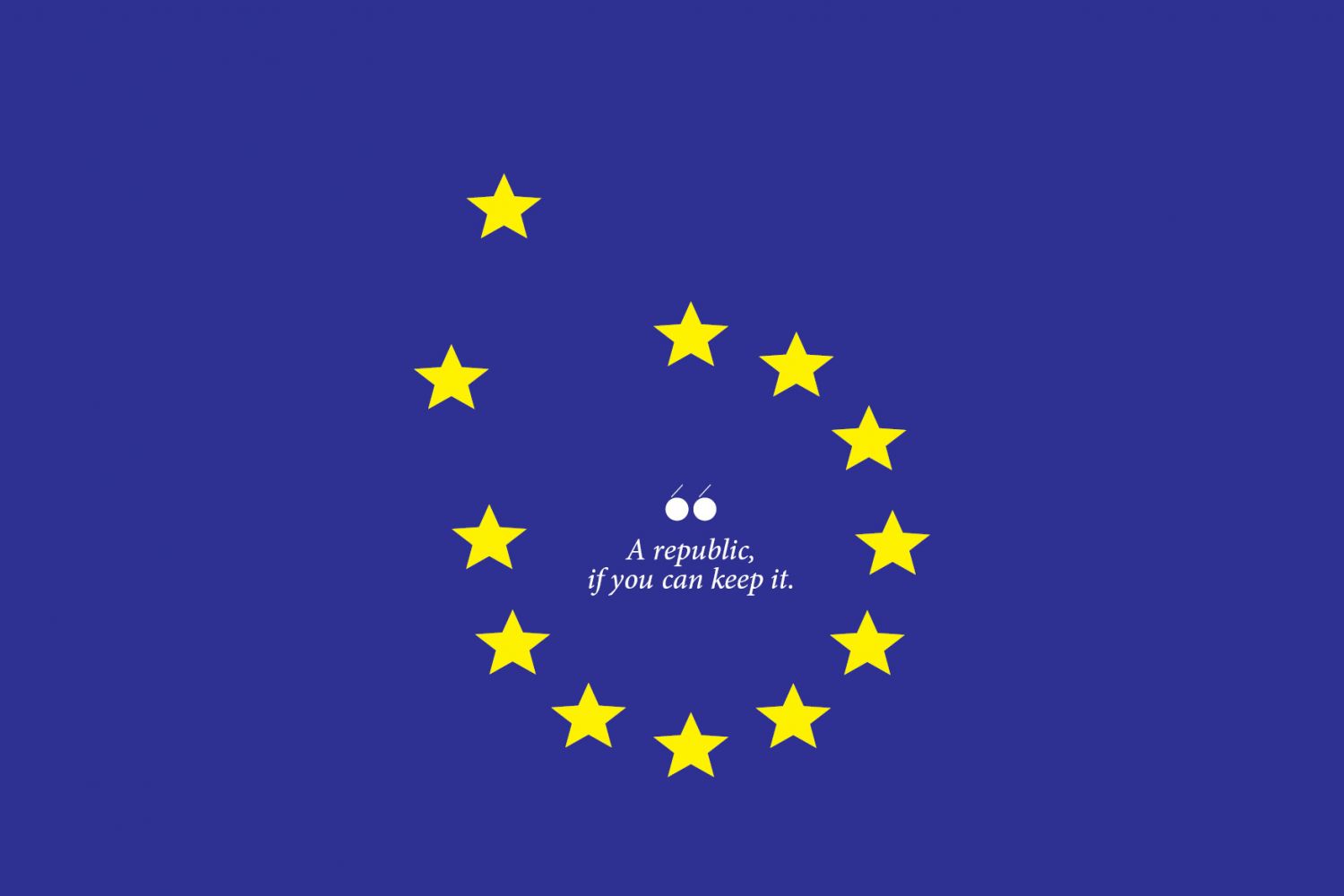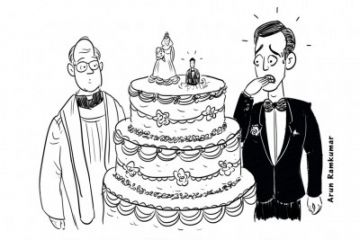
European universities indoctrinate their students on the
evolution of European, read Greek-Roman, history, philosophy and politics with
great care. Democracy is among their favourite themes as they claim not only to
have invented the principles but also wax lyrical about its long-cherished
practice in the ancient Greek and Roman republics. Originating from the Greek
word dēmokratía, meaning “rule by the people”, this entire complex
of views, beliefs and practices was popularised





